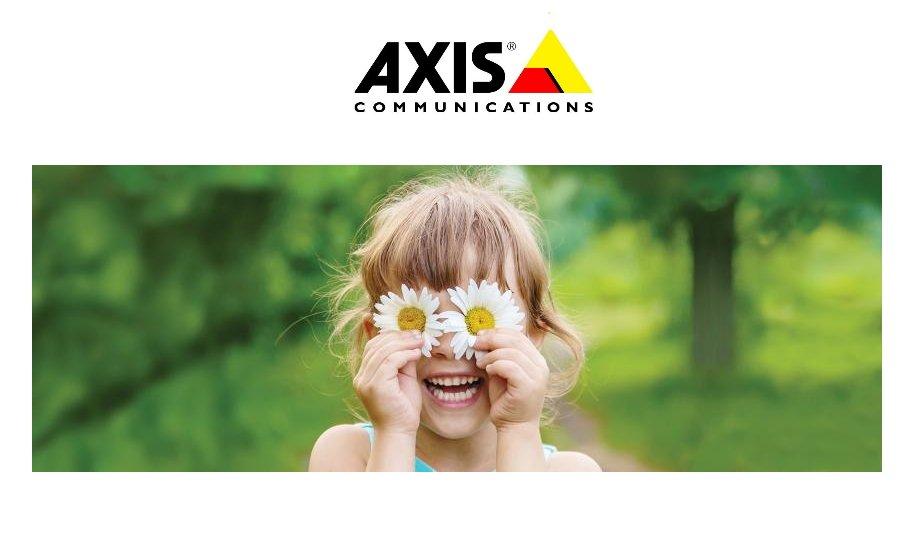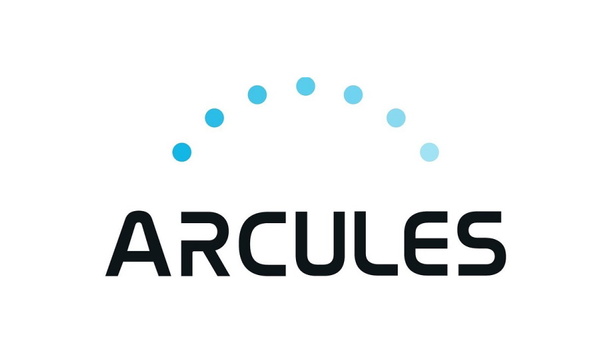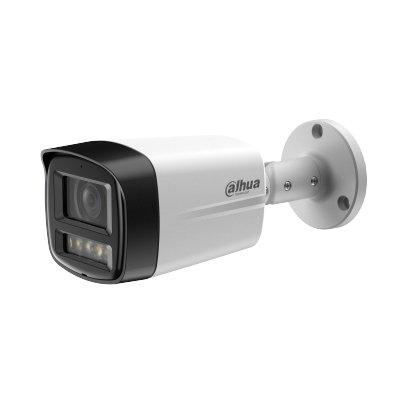Axis has released its 2019 Sustainability Report, highlighting a continued commitment to reducing the company’s environmental impact and ensuring social and ethical responsibility long-term. The company resolved to focus its efforts on beating climate change and protecting natural resources and ecosystems. Axis identified key areas within the business, partner ecosystem and supply chain to create lasting change.
By implementing a number of initiatives and continuously assessing results against objectives, Axis made great progress towards its sustainability goals in 2019. However, there is still more work to be done and Axis is dedicated to doing its part to improve standards within the video surveillance industry.
Highlights of the 2019 Sustainability Report
A new code of conduct
Axis’s Code of Conduct stipulates its principles, values and guidelines and serves as the foundation for running the business. During last year a new Code of Conduct was initiated with the aim of clarifying guidelines and ethics, with global implementation occurring during 2020.
Company-wide training on anti-corruption
Axis has zero tolerance for all types of bribery and other forms of corruption. Nearly all Axis employees participated in training on anti-corruption and no incidents of bribery or other forms of corruption were reported during 2019.
New PVC-free cameras
Axis continued its efforts to phase in new, recycled materials to increase the amount of recycled materials in its products. In 2019, Axis released several models where up to 20 % of the plastic was recycled.
An increasing percentage of the packaging for products was also comprised of recycled material.
Launched new BFR/CFR-free network camera model
Minimising the use of hazardous substances in products was a key goal, specifically making all Axis network cameras BFR/CFR-free. In 2019, the first camera model free from BFR and CRF was launched.
Lower CO2 emissions
Axis lowered its CO2 emissions during the year by 5% compared to 2018 by improving efficient inbound transportation. In addition, a new travel policy was launched aimed at lowering the amount of CO2 emissions from business travels.



















